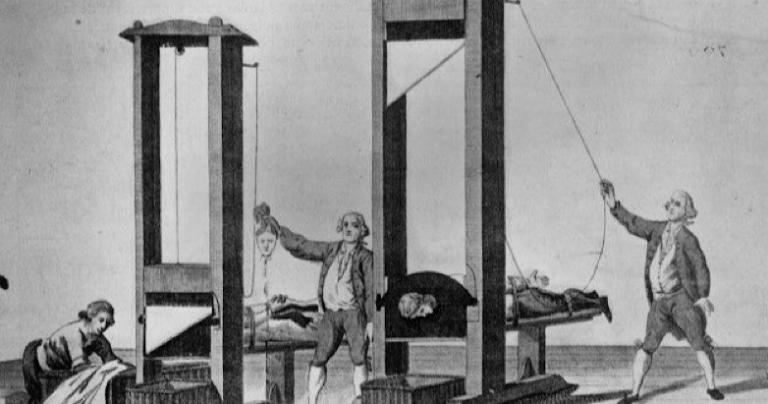 Everyone should wish to be reasonable, just as everyone should wish to breathe. The unreasonable person is either a fool or crazy. Yet reason is a tool more than an end: a grinder that works on whatever reason is given. A logical argument can be sound with false premises:
Everyone should wish to be reasonable, just as everyone should wish to breathe. The unreasonable person is either a fool or crazy. Yet reason is a tool more than an end: a grinder that works on whatever reason is given. A logical argument can be sound with false premises:
- Christianity is false.
- If Christianity is false, one should not believe it.
- THEREFORE: One should not believe in Christianity.
This argument is sound, but not persuasive.
Why?
The first premise is false. Christianity is true. Nobody can be persuaded by a premise she knows to be false!
A critic might quibble that he is not persuaded Christianity is true and we could engage in a most excellent dialog. At worst, such discussions continue with a lack of certainty that Christianity is true. As a result, the first premise remains unpersuasive. Reason is important, but easy. See:
- Christianity is true.
- If Christianity is true, then one should believe it.
- THEREFORE: One should believe in Christianity.
This argument also is in good logical form, but will settle nothing. Try it on Twitter and see.
Reason begins with what a person believes is true and then makes conclusions based on those beliefs. Obviously, one hopes to put true beliefs into the grinder and so produce only valid and true conclusions. Even more obviously, this is not so easy.
Take the existence of numbers, for example. Most mathematicians (even atheists) think they exist. This is difficult for materialism (if numbers exist they are immaterial) and since most populist atheists are materialists (to the point of simple mindedness), populist atheists react to the mathematical consensus like a Baptist to a beer garden.
“This thing cannot be!”
Reason is a tool, not a conclusion. As a result, when people make reason the End or the Basis of Society, they end up being tools. Unexamined conclusions end up being put in the grinder of reason and ugly conclusions result. There is nothing to stand against the abuses, because the process is all that matters.
When the French or Soviet revolutionaries began to do monstrous deeds on the basis of their atheistic assumptions, objections were brushed aside because the monstrosities had been decided on using the tools of Reason.
This was true.
The problem was the vile error.
As a result, simple people who could not form a syllogism often resisted what was being done for “their good.” They began (more often than not) with truth, though they often could not draw proper conclusions from that truth. For example, Christians believe Jesus was Jewish and a perfect man. A reasonable Christian could not be an anti-Semite, but an irrational Christian can hold both truths and still do evil deeds.
Irrationality keeps truth from checking the errors.
These errors are indefensible.
Atheism has, even when lauding reason, produced greater horrors. How?
The monstrous moral assumptions of atheism when fed into Reason produce (again and again) regimes that calmly kill millions. The Christian is stuck with the fact (if Christianity is true) that we must love our neighbor, so any harm to our neighbor is hard to defend. Again and again, one Christian with reason and truth, such as Saint Francis, has been able to end abuses, because all Christians must admit reason is good and that the assumptions are true.
Saint John describes God as logical, reasonable. There is no slipping the need to reason if one worships a reasonable God. That very God has revealed a command to love even enemies, let alone neighbors. We might do evil, but when we do it, truth, as we know it, condemns us if we allow Reason to work. Bad Christians may try to end the rule of Reason, but Saint John stands immovable and so Reason returns.
That is why two-thirds of Christian America rejected slavery before the Civil War. Truth and reason produced abolitionism in those who would follow the argument where it led. This is no excuse for those who warped Christianity to justify race based slavery: it is a greater condemnation. They were least Christian when they abused Reason and Revelation to think poorly with false assumptions.
Atheists or extreme secularists (who ignore religious truth) can at best be rational, but they begin by ignoring many truths. They miss the common image of God in all humankind. They deny metaphysical reality: God, the soul, devils, and often the good itself. Is it any wonder that the most murderous regimes in history and today are atheist?
Religion without reason sees truth without knowing what to do with it. Reason without religion is impotent and often vile: incapable of sustaining or building a desirable culture.












